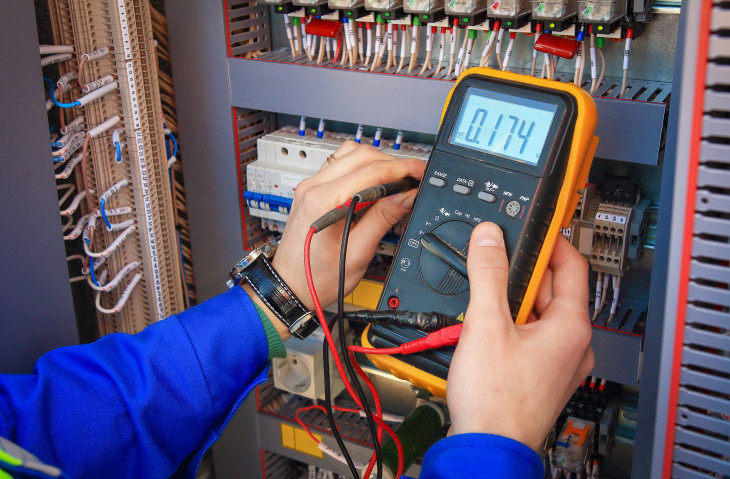Electrical engineers are the architects of our power systems, designing and implementing the intricate networks that keep our world running. For those in the electrical distribution and contracting fields, working effectively with these professionals is crucial for project success. A strong collaborative relationship ensures projects are not only completed to specifications but also optimized for efficiency and safety. Understanding their unique perspective and communication style is key to building a productive partnership. One of the most important aspects of working with electrical engineers is establishing clear and consistent communication. They deal with complex technical specifications, codes, and calculations, so precision and clarity are paramount. Provide detailed project information, including drawings, specifications, and any relevant data, in a well-organized and easily accessible format. Be prepared to ask clarifying questions and listen attentively to their explanations. Regular communication throughout the project lifecycle, from planning to execution, prevents misunderstandings and ensures everyone is on the same page. Electrical engineers often work within strict regulatory frameworks and safety guidelines. Familiarize yourself with these standards, such as the National Electrical Code (NEC), and ensure that your work aligns with their requirements. Demonstrate a commitment to safety and quality, and be prepared to provide documentation and certifications as needed. This proactive approach not only builds trust but also minimizes the risk of delays or costly rework. Understanding the design intent and the reasons behind specific choices the engineer makes is also important. Respect their expertise and value their input. Electrical engineers bring a unique perspective to projects, offering insights into system design, performance optimization, and potential challenges. Be open to their suggestions and be willing to collaborate on finding solutions. This collaborative approach can lead to innovative solutions and improved project outcomes. Recognize that they are responsible for the overall design and safety of the electrical system, and their decisions should be respected. When issues arise, approach them with a problem-solving mindset. Focus on finding solutions rather than assigning blame. Provide accurate and detailed information about the problem, and be prepared to work together to identify the root cause. Effective communication and a collaborative approach are essential for resolving issues quickly and efficiently. Maintain a positive and professional attitude, even in challenging situations. Ultimately, building a strong working relationship with electrical engineers requires mutual respect, clear communication, and a shared commitment to project success. By understanding their unique perspective and working collaboratively, you can bridge the gap between design and execution, ensuring projects are completed safely, efficiently, and to the highest standards. This partnership is vital for the continued advancement and safety of all electrical systems.
Working with Electrical Engineers
Effective collaboration with electrical engineers relies on clear communication, respect for their expertise, adherence to safety standards, and a problem-solving approach to ensure successful project outcomes.

